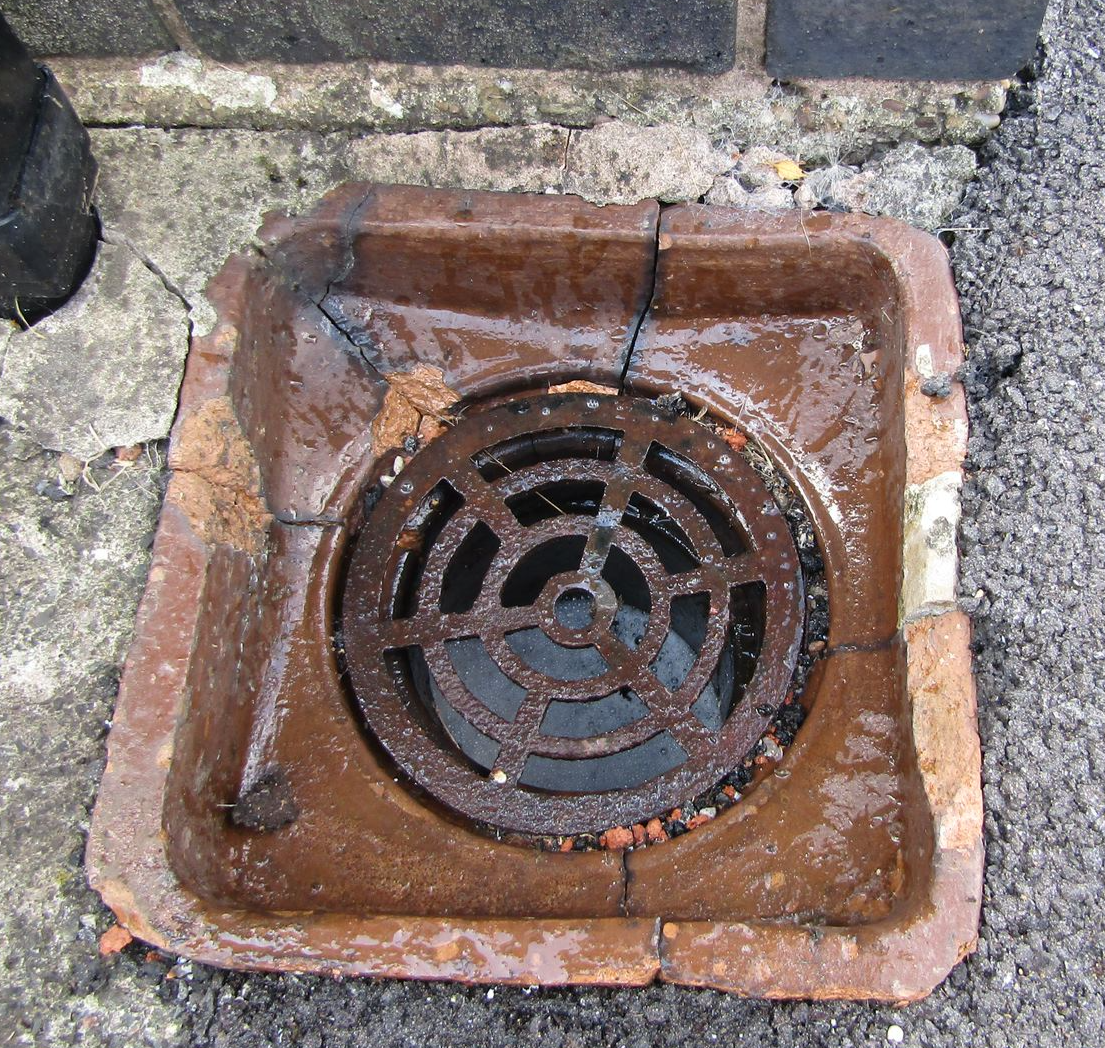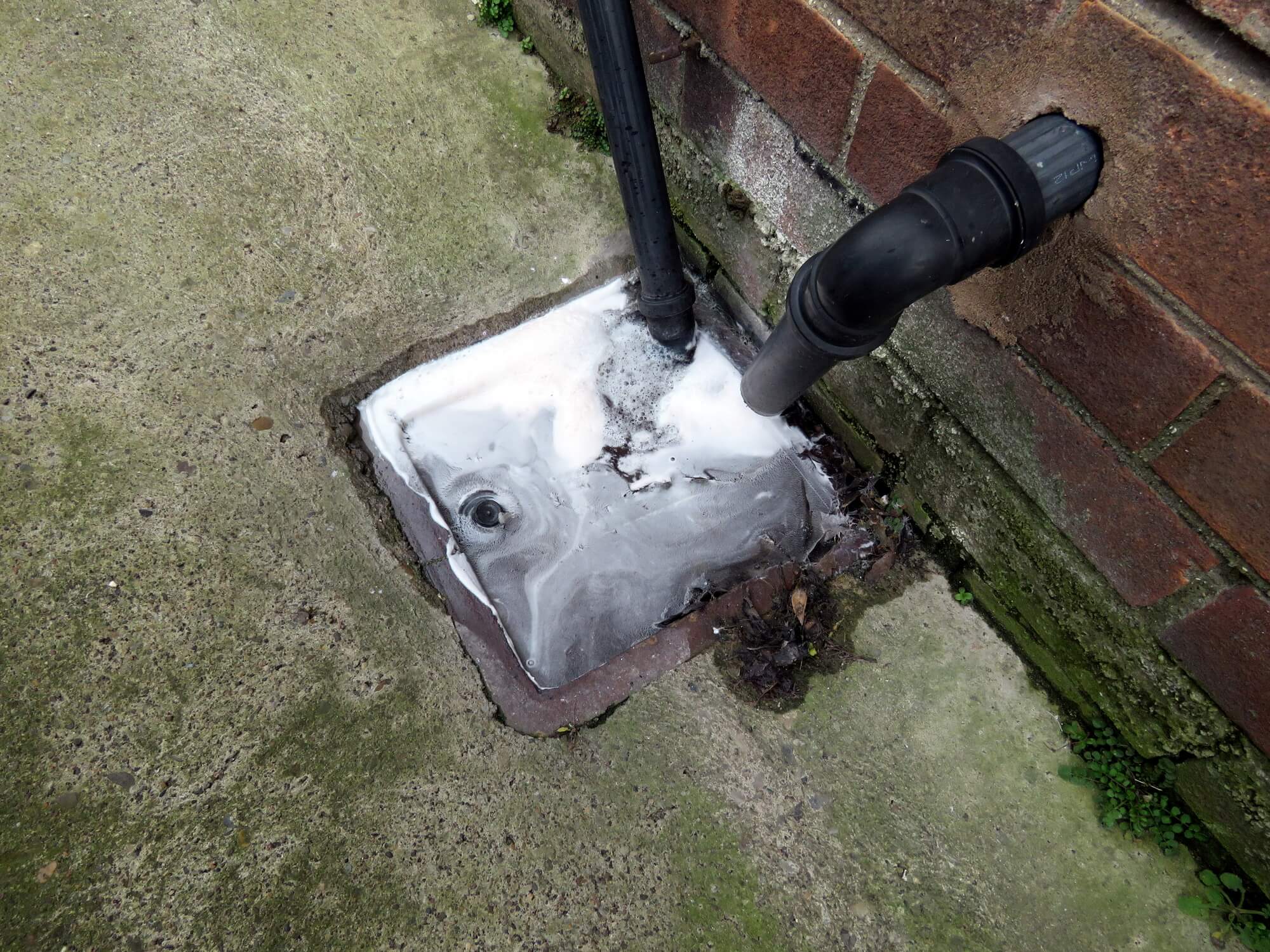We've noticed this article relating to Tips for Dealing with Clogged Drains and Sewer Lines listed below on the web and reckoned it made good sense to share it with you here.

Introduction
Handling a blocked drain can be a discouraging experience, interfering with everyday activities and potentially causing damages to your property. However, before connecting to pipes professionals, there are steps you can require to attend to the concern on your own. In this overview, we'll check out DIY options and preventive measures to take on an obstructed drain efficiently.
Recognizing the Issue
The initial step in attending to an obstructed drainpipe is acknowledging the indicators. Slow-moving water drainage, gurgling noises, foul odors emanating from drains, or water backing up prevail indications of an obstructed drainpipe. Recognizing these indicators early can assist avoid further problems.
Selecting the Right Pipes Solution
When picking a plumbing service, take into consideration aspects such as experience, licensing, and consumer testimonials. Pick a respectable plumbing with a performance history of top quality handiwork and clear pricing practices.
Cost Factors to consider
The cost of expert drain cleaning company can vary depending upon the extent of the obstruction and the plumbing technician's prices. Demand quotes from several providers and inquire about any type of additional charges to make sure transparency and stay clear of surprises.
Safety and security Precautions
When trying do it yourself drain cleansing, focus on safety. Put on protective handwear covers and glasses to prevent contact with unsafe chemicals or microorganisms. Never mix various drainpipe cleansing products, as this can generate dangerous fumes.
Instance Researches
Real-life examples illustrate the efficiency of DIY services and the value of timely professional treatment in resolving drain blockages.
Typical Reasons For Obstructed Drainpipes
Comprehending the variables that add to drain pipes clogs is important for efficient resolution. Common culprits consist of hair, soap residue, oil, food debris, and foreign items like hygienic items or paper towels. Tree origins invading below ground pipes can also cause considerable clogs.
Do it yourself Solutions
For small clogs, a number of DIY remedies can be effective. Pouring boiling thin down the drainpipe can aid liquify oil and particles. Baking soda and vinegar or a mix of salt and cooking soda can act as all-natural cleansers. Using a bettor or pipes serpent to displace obstructions is an additional choice.
Devices and Devices
Having the right tools handy can make DIY drain cleaning extra reliable. A bettor is a versatile tool for removing blockages in sinks, bathrooms, and showers. A plumbing snake or auger can get to much deeper obstructions, while drain cleaning chemicals can be used carefully for persistent obstructions.
Preventive Measures
To avoid future clogs, embracing preventive measures is critical. Mount drain guards or filters to capture hair and debris before they enter the pipes. Routinely flush drains pipes with warm water to dissolve grease accumulation, and prevent throwing away grease or strong waste down the drain.
When to Call a Professional
While DIY remedies can fix small blockages, certain indications suggest the requirement for specialist assistance. Persistent blockages, foul odors despite cleaning initiatives, or numerous drains backing up concurrently are red flags that require skilled intervention.
Verdict
By adhering to the pointers detailed in this overview, you can successfully deal with obstructed drains pipes and avoid future plumbing concerns. Whether going with DIY services or seeking professional support, punctual action is key to preserving a healthy and balanced pipes system and preserving the stability of your home.
How to Clear a Clogged Drain Yourself (And When to Call In the Professionals)
What Can Clog a Drain
Dirt Skin flakes Hair Grease Soap scum Food Offset pipes Tree roots Small objects Mineral buildup DIY Tricks to Unclog a Drain
You can fix this! Once you have identified the source of the clog (or have a vague idea), you can try one or a combination of these fixes in order to clear your plumbing.
Wire Hanger or Snake
Untangle and clear out hair from a drainpipe with a homemade snake. Use a straightened-out wire hanger with a 90-degree angle hook to locate the clog and drag out any unwanted material.
Remember not to push the clog further down to where the wire hanger cannot reach! If you need to follow up with a plunger, give it a try. Your efforts might be more successful after it’s been wire-snaked.
If you want to get fancy and don’t have a wire hanger to spare, head to the store and pick up a hand-operated drain snake. You can get one for $10-$30. It may save you the hassle, and provide additional length to reach deep into the clogged pipe.
Plunger
A cup plunger has a suction cup attached to a wooden handle. The rubber creates a seal around the drain, and increases the pressure force of the plunger.
Plunge for 30-second increments to loosen the clog. This may need to be repeated over the course of 15-20 minutes. Once plunged, run the water to flush the remaining material out of the drain.
Remember– never use a plunger if you have used a chemical drain cleaner. These chemicals can splash up from the force of the plunger and cause serious injury or burns.
Boiling Water
Hot water can sometimes break up materials into a flushable amount. Dirt, grease, and soap buildup requires heat in order to unstick from surfaces.
Take your kitchen kettle and heat your water to a boil. Once it reaches a rolling boil, pour it directly down the drain into the blockage. Carefully follow with plunging, if necessary.
Don’t worry if this takes more than one try! It can often take multiple kettles and repeated plunging in order to clear a particularly stubborn clog.
Chemical Drain Cleaner
As a last resort, pick up a bottle of chemical drain cleaner. Drain-cleaning chemicals are potent, and not very good for the environment.
You may need to wear protective eyewear in gloves before handling your bottle of chemical drain cleaner. Follow the instructions printed on the bottle, and flush with water as soon as the instructions allow. Do not follow with plunging.
Baking Soda and Vinegar
As a safer alternative to chemical drain cleaner, baking soda and vinegar can create a chemical reaction that clears tough clogs.
Combine one cup of cleaning vinegar with one cup of boiling water, and set aside. Once you have done this, pour half a cup of baking soda down the drain. Give the baking thirty seconds to settle and cover a large portion of the problem drain.
Following the baking soda, pour down your vinegar and hot water solution. Once the vinegar and baking soda combine, the mixture will bubble and fix. Let this reaction fizzle in the drain for about an hour.
After an hour, follow with a kettle’s worth of hot water. The heat and liquid should flush out any remaining material.
When to Call a Plumber
If your DIY attempts haven’t cleared your clog drain, it’s time to call in a professional. It’s not worth losing access to your kitchen sink or high-traffic bathroom. A clog in a vital area can keep you from the things you’d rather be doing, and derail your routine.
Anytime a clog is causing water to spread is a time to call in a plumbing service. What starts out as a little bit of water can quickly grow into serious, expensive water damage.
Additionally, a serious clog can result in burst pipes or serious leaks. Make sure you know when to take it seriously!
https://myguysnow.com/how-to-clear-a-clogged-drain-yourself-and-when-to-call-in-the-professionals/

I have been very focused on Tips for Dealing with Clogged Drains and Sewer Lines and I am praying you liked the post. Sharing is good. You won't know, you may be doing someone a favor. I am grateful for being here. Please stop by our blog back soon.
Book